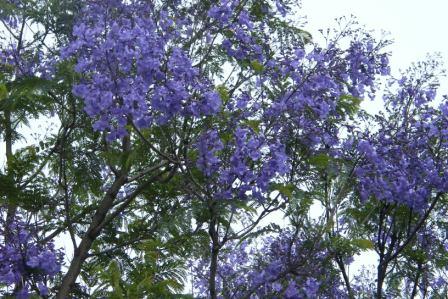
Velejar para onde?
Para que mundo, acaso,
se esse mundo se esconde
ou nos chega com atraso?
Velejar para que,
se essa mesma distancia
que o coração antevê
com tão profunda ânsia
a nada mais conduz
que ao grande desalento
de ver que tudo é luz
dispersa em água e vento?
Alphonsus de Guimaraens Filho
In: Antologia Poética













